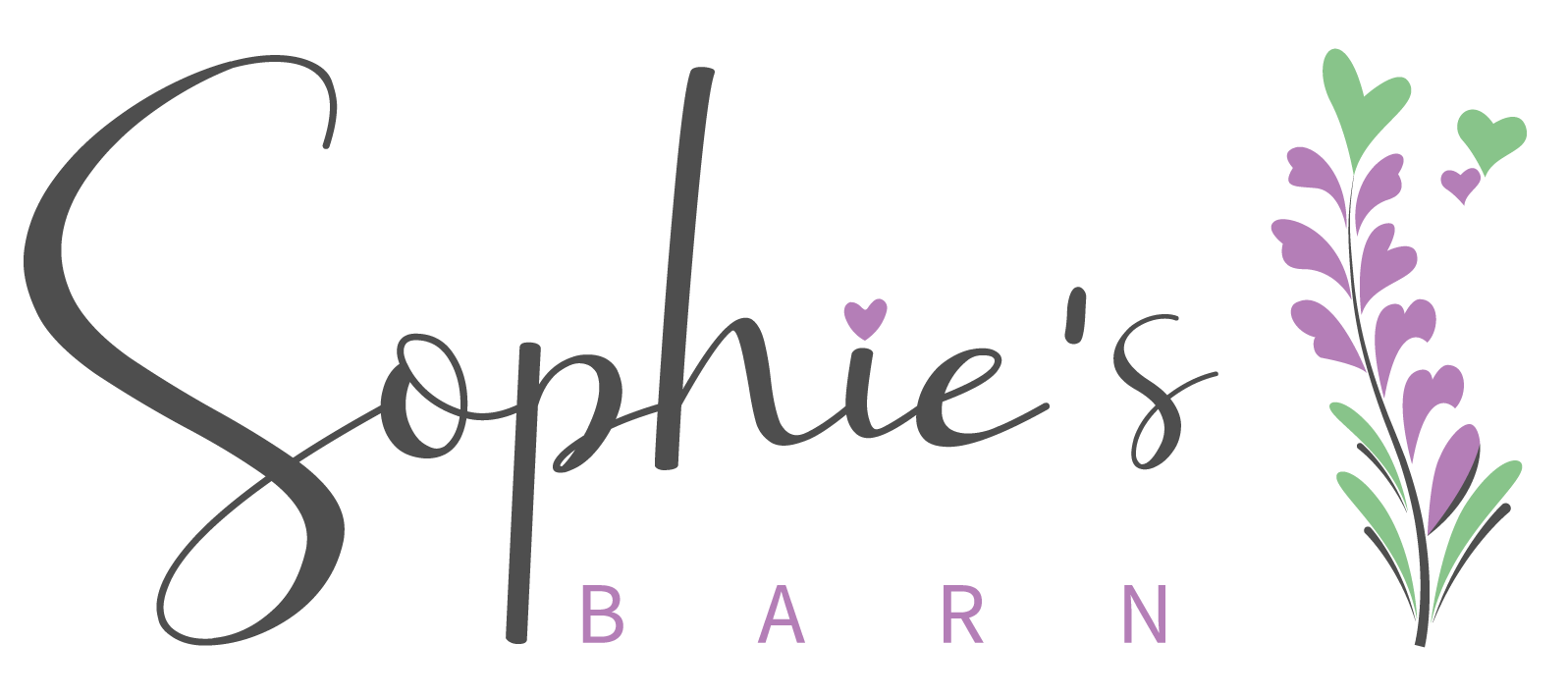Hormones are chemical messengers that run the different systems of the body. They are produced by the liver, the brain and other organs such as the ovaries. Hormones can also be produced by specialized glands, such as the thyroid and adrenal glands.
Though I’m not a doctor, I hope that some of the explanations below will take some of the stress out of the way that stress affects your eczema!
Stress Hormones
Managing stress is easier said than done, especially because some people are naturally anxious, and others may have experienced trauma. A lot of people get very worried about their eczema, especially when it’s painful, creating a vicious cycle.
Remember that not all stress is bad. We have a hormonal stress response because there are times when you just have to survive. Cortisol, dubbed the stress hormone, can suppress the immune system and keep you going. That’s why people often get sick on holiday – cortisol levels drop, and suddenly the immune response kicks into gear.
Though stress is not a direct cause of eczema, it can worsen symptoms. When cortisol levels remain high for an extended period, your tissues become desensitized to its anti-inflammatory effects, worsening your eczema. Keeping track of and learning to manage stress is an important part of managing eczema. This is where an eczema diary can come in handy.
Managing stress and anxiety, therefore, can help reduce symptoms of eczema and atopic dermatitis. If tackling stress head on isn’t possible, remember all the things you can do to alleviate the symptoms of your eczema. Self-care is often the last thing that stressed busy people prioritize but putting yourself first will do a lot to help with The Everything.
Pregnancy and Periods
Women may experience an increase in eczema symptoms when their hormone levels are changing. During pregnancy and at some points during the menstrual cycle, hormones can trigger changes to the skin. These can include changes to pigmentation, increased sensitivity, a change in the dryness or oiliness of skin, acne, or rashes.
When these symptoms arise during pregnancy they might be classified as “pregnancy-induced eczema.” It can be called that regardless of whether or not you’ve had a history of eczema. It might also be known as
- atopic eruption of pregnancy
- prurigo of pregnancy
- papular dermatitis of pregnancy
- pruritic folliculitis of pregnancy
Regardless of what it’s called, it can be very unpleasant, but it can be treated.
Teenagers
Teenagers can make your eczema worse. See “stress”.
Seriously, though, the reason I mention teenagers here is because this is a time of life when their hormones are going crazy. As you’ll know by now, changing hormone levels can lead to or worsen an eczema flair up. Teenagers, therefore, are prone to developing eczema or having their symptoms worsen… just at the time when they’re most conscious of wanting to look their best and that adds stress to the vicious cycle.
However huffy they may be, remember that it’s horrible for them. As discussed in the article on keeping an eczema diary, getting your kids to take an interest in exploring which products make their eczema better or worse will teach them to manage their symptoms for the rest of their lives.
Trying new products with your teenage son or daughter can be an excellent opportunity to model self-acceptance and self-care as a way of tackling stress. A bit of quality time together doing these things will go a long way… but you will have to be extra-sensitive when offering!
Your good health demands that you relax! It’s good not only for your mind, but for your body, too, and there are lots of lovely ways to look after yourself.
Right! I’m off to rip up a to do list and play outside! Or maybe just meditate for half an hour.




